Blog
Painting Our Skoolie Roof with Elastomeric Coating Properly
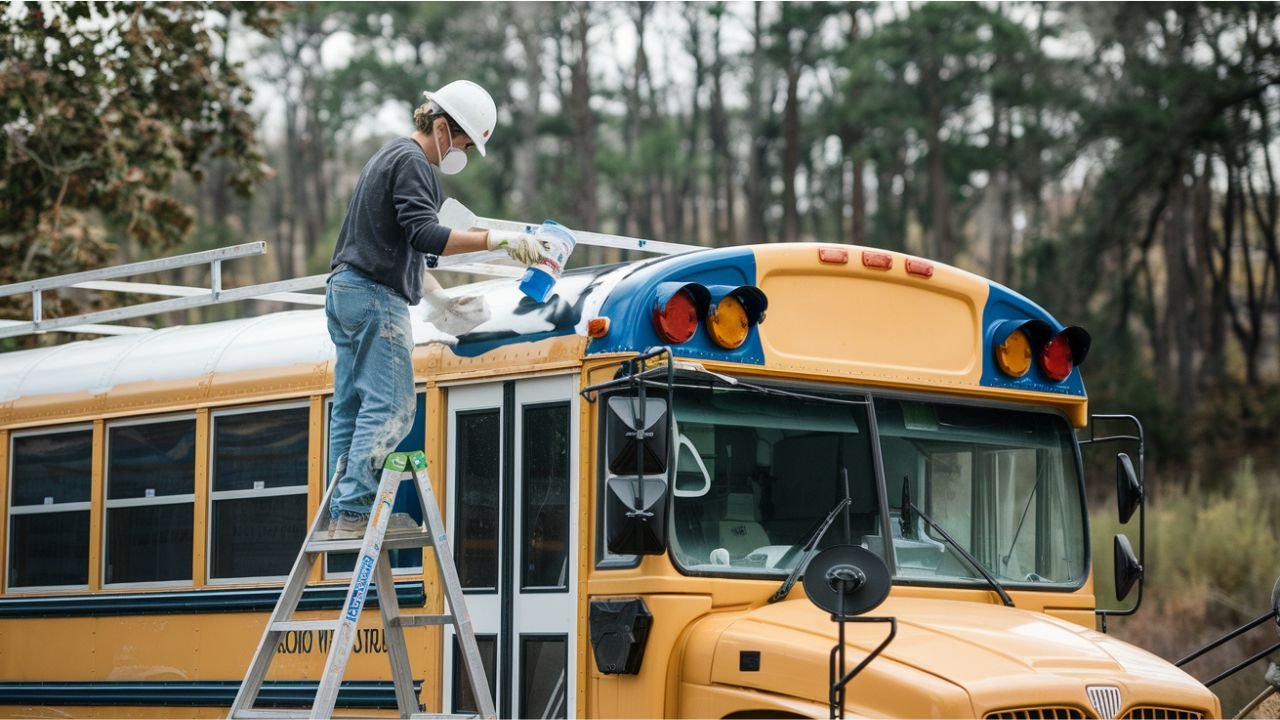
Turning a school bus into a skoolie that is both aesthetically pleasing and practical demands careful attention to insulation, weatherproofing, and durability. One of the most crucial aspects of Skoolie maintenance is keeping the roof free from water damage, UV radiation, and extreme weather. Reaching this proved to be best by painting our skoolie roof with elastomeric coating. Apart from increasing energy efficiency, this rather reflective, flexible, waterproof covering increases the lifetime of the roof.
The application approach required tremendous thought, suitable material selection, and cautious implementation. This guide ensures a long-lasting and effective finish by covering in great detail every phase of the procedure. Whether the goal is reducing heat absorption, halting leaks, or improving the visual appeal of a skoolie, elastomeric roof coating is an excellent choice.
Why would one choose elastomeric coating for a Skoolie Roof?
Before beginning the work, research was conducted to determine the best roof-covering solution. Elastomeric roof coatings particularly attracted attention with their energy-saving properties, durability, and flexibility. Many benefits rendered this type of coating the ideal choice for our schoolie.
1. Improved UV and heat reflection
Our skoolie roof was primarily painted with elastomeric coating in order to help reduce internal heat generation. Conventional metal roofs absorb a lot of heat, hence in summer the skoolie feels uncomfortably warm. Reflecting up to 90% of UV radiation, elastomeric coatings help to keep the interior colder.
2. Expert Leak Prevention and Waterproofing
Skoolie roofs seriously deal with water penetration, which can lead to structural deterioration, mould, and corrosion. Cracks and leaks are prevented by a smooth, rubber-like barrier produced by elastomeric coatings expanding and contracting with temperature changes.
3. Enhanced Roof Longevity
By protecting a skoolie roof against rust, debris, and severe weather, elastomeric coatings significantly extend its lifetime. With time, the coating also helps to prevent paint from flaking or metal from corroding, therefore reducing maintenance costs.
4. Reasonably priced and environmentally friendly fix
Unlike replacing an entire roof, painting a schoolie roof with elastomeric coating is a reasonably cost-effective repair. Moreover, since the coating decreases interior temperatures, thereby conserving energy, it supports a more sustainable and environmentally friendly skoolie conversion.
Tools and Supplies Needed for the Project
Before starting to ensure a flawless application process, all the necessary supplies were obtained. Applied were these tools and supplies:
- Excellent UV-reflective elastomeric roof coating
- Either a degreaser or a roof cleaner
- Pressure washers or hoses suited for a scrub brush
- Painter’s tape together with a plastic sheet
- Use poles for extension on paint rollers.
- Edge and tight point paintbrushes
- silicone sealant caulking gun for crack sealing
- Safety goggles, respirator mask, protective gloves.
- Once all the materials were at hand, the roof’s preparation started.
The first step: getting the schoolie roof clean and ready.
Before the coating was laid, the roof had to be totally cleaned and clear of trash, grease, or old peeling paint. This was a very crucial phase to ensure proper adherence to coating.
1.1 Eliminating Dirt, Trash, and Older Coatings
- You can sweep off dirt and rubbish with a brush and dustpan.
- Workers use a roof cleaner and degreaser to break down grease, oil, and other contaminants.
To remove any residue, they thoroughly clean the surface with a pressure washer
1.2 Inspecting for damage and sealing cracks
- Visually, the roof was checked for small cracks, rust spots, or peeling paint.
- Rust sections were cleaned with a wire brush prior to applying a rust-inhibiting primer.
silicone caulking covered every seam, riveted hole, or gap to halt leaks.
1.3 Taping and Covering Non-painted Surfaces
- Painter’s tape was used around vents, skylights, and other surfaces not intended for coating.
- Plastic sheeting covered windows and side panels from unintended drops.
The picture might begin once the roof dried totally.
Second step: putting the elastomeric roof coating on.
The recommended application technique—many thin applications instead of one heavy coating—helps to provide a consistent, lasting finish.
2.1 Coating’s Stirring and Preparation
- Carefully swirled was the elastomeric covering to ensure consistency.
- A test patch was set on to confirm adhesion and drying times.
2.2 Coat Rolling: First
- Starting at one end and working carefully, the first thin layer was applied using an extension pole on a paint roller.
- Brushing over corners and seams allowed for thorough application.
2.3 Providing Appropriate Drying Time
- The first layer dries for four to six hours before you apply the second one.
- To prevent faults, workers keep foot traffic off the roof during drying
2.4 Applying the final and second coats
- Applied opposite the first, a second layer ensures total covering.
- You often need two to three treatments for maximum protection and durability.
Twenty-24 hours later the roof was dry, waterproof, and ready for usage.
Third step: post-application benefits and maintenance
There were clear changes very immediately following the elastomeric coating of our skoolie roof.
3.1 Interior comfort and temperature control
- On sunny days, the schoolie interior was clearly colder with temperature drops ranging from 10 to 15°F.
- The reflecting properties of the coating prevented heat absorption, therefore reducing the air conditioning demand and energy consumption.
3.2 Leak Protection and Waterproofing:
- The roof proved the efficacy of the waterproof covering since it was totally leak-free throughout a strong thunderstorm.
- There were no clear weak points or cracks, therefore ensuring long-term durability.
3.3 Continuous Maintenance
- Every six months, inspectors examined the roof for cracking, peeling, or dirt collection.
- If needed, they performed a light cleaning to maintain efficiency and reflectivity.
The elastomeric coating on our Skoolie roof was one of the most beneficial modifications for boosting insulation, waterproofing, and longevity. The results were well worth the effort even with the tremendous planning, proper application techniques, and patience required for the project.
Elastomeric coating provides excellent UV reflection, saves energy, and protects against weather damage, making it a cost-effective and efficient solution. For those considering a do-it-yourself skoolie roof renovation, this operation ensures a comfortable and long living environment for years to come.
Blog
Meet A Traveling Couple Jo Logan: Inspiring Adventures Around the World

In a world where routines dominate daily life, the story of Meet A Traveling Couple Jo Logan breaks the mould. Embarking on adventures across the globe, Jo and Logan have mastered the art of travelling together while building a life of freedom and excitement. But who are they, and how did their journey begin? Let’s dive into the captivating tale of this adventurous couple, discovering what makes their story so inspiring to wanderlust-filled hearts worldwide.
Who Are Jo and Logan?
Jo and Logan are not just travellers; they are storytellers, digital nomads, and dreamers who chose a life of exploration over convention. Originating from different corners of the world, their paths crossed serendipitously during a backpacking trip in Southeast Asia. From that moment, their shared passion for travel created an unbreakable bond, leading them to pursue a life less ordinary.
Their dynamic partnership thrives on curiosity and adventure. Jo, with a background in photography, captures stunning landscapes and cultural moments, while Logan, a skilled writer, crafts compelling narratives that resonate with fellow travellers. Together, they document their experiences through their travel blog and social media platforms, inspiring thousands to explore beyond their comfort zones.
The Journey Begins: From Wanderlust to Lifestyle
The story of Meet A Traveling Couple Jo Logan started with a shared dream. Both Jo and Logan yearned to break free from the monotony of traditional jobs and explore the world’s hidden gems. They took a leap of faith, sold their belongings, and began their journey as full-time travellers.
Their first adventure took them to Bali, Indonesia, where they spent months soaking in the vibrant culture and breathtaking landscapes. From there, they ventured to the bustling streets of Bangkok, the serene beaches of the Philippines, and the historic temples of Cambodia. Each destination added a new chapter to their story, enriching their lives with experiences that went beyond mere sightseeing.
Transitioning to a nomadic lifestyle wasn’t without challenges. Financial uncertainty, cultural adjustments, and the constant need to adapt tested their resilience. However, their unwavering determination and love for exploration kept them moving forward. They embraced the digital nomad lifestyle, finding remote work opportunities and building a sustainable income stream through freelance writing, photography, and social media collaborations.
Living the Digital Nomad Life
One of the most fascinating aspects of Meet A Traveling Couple Jo Logan is their ability to balance travel and work seamlessly. They mastered the art of remote work, utilizing digital tools and platforms to maintain productivity while on the road. From co-working spaces in bustling cities to tranquil beachside cafés, they turned the world into their office.
Jo’s photography skills opened doors to collaborations with travel brands, hotels, and tourism boards. Her captivating visuals brought destinations to life, creating compelling content that resonated with audiences worldwide. Meanwhile, Logan’s talent for storytelling connected readers with their adventures on a deeper level, making their travel blog a go-to resource for travel inspiration and tips.
Their success as digital nomads didn’t happen overnight. It required strategic planning, consistent effort, and the courage to embrace uncertainty. Yet, their journey proves that with passion and perseverance, it is possible to create a fulfilling lifestyle that defies traditional boundaries.
Exploring the World Together: Memorable Adventures
Travelling as a couple can be both rewarding and challenging. For Jo and Logan, it became the foundation of their relationship, strengthening their bond through shared experiences and adventures. Their travels took them to some of the most breathtaking places on Earth, each destination leaving an indelible mark on their journey.
From hiking the majestic peaks of the Swiss Alps to exploring the vibrant markets of Marrakech, their adventures are a testament to their adventurous spirit. They experienced the surreal beauty of the Northern Lights in Iceland, danced to the rhythm of samba in Brazil, and sailed through the turquoise waters of the Greek Islands.
However, their travels are not just about picturesque landscapes and luxury escapes. Jo and Logan seek authentic experiences, connecting with locals and immersing themselves in diverse cultures. Whether it’s learning to cook traditional Thai dishes in Chiang Mai or participating in ancient ceremonies in Peru, they prioritize meaningful interactions that go beyond surface-level tourism.
Challenges and Growth on the Road
While the life of Meet A Traveling Couple Jo Logan seems idyllic, it comes with its own set of challenges. Navigating different time zones, dealing with language barriers, and adapting to unfamiliar environments can be overwhelming. Moreover, the pressures of content creation and maintaining an online presence require constant creativity and dedication.
Yet, Jo and Logan see these challenges as opportunities for growth. Their travels have taught them valuable life lessons about resilience, adaptability, and cultural sensitivity. They have learned to compromise, communicate effectively, and support each other through the highs and lows of nomadic living.
Their journey also brought moments of vulnerability and self-discovery. They faced fears, confronted uncertainties, and grew individually and as a couple. By embracing discomfort and stepping out of their comfort zones, they evolved into more compassionate and open-minded individuals.
Inspiring Others: Building a Community of Travelers
Through their travel blog and social media platforms, Meet A Traveling Couple Jo Logan has built a community of like-minded travellers who share their passion for exploration. Their honest storytelling and relatable experiences inspire others to pursue their travel dreams, regardless of societal norms or limitations.
They believe in empowering others to travel authentically, encouraging their followers to seek meaningful experiences rather than superficial checklists. By sharing travel tips, destination guides, and personal anecdotes, they provide practical advice that helps others navigate the world confidently.
Their influence extends beyond social media, as they engage in public speaking events, workshops, and collaborations with travel organizations. Their mission is not only to inspire wanderlust but to foster a sense of global citizenship and cultural appreciation.
The story of Meet A Traveling Couple Jo Logan is a powerful reminder that life is meant to be explored. Their journey of love, adventure, and growth inspires others to break free from conventional norms and pursue their passions unapologetically. Through their storytelling and digital presence, Jo and Logan continue to inspire wanderlust, connecting people through shared experiences and a love for the world’s beauty. Their adventures are far from over, and their legacy as modern-day nomads continue to inspire the next generation of travellers.
Blog
World Sheep Shearing Championships 2017: A Historic Global Event
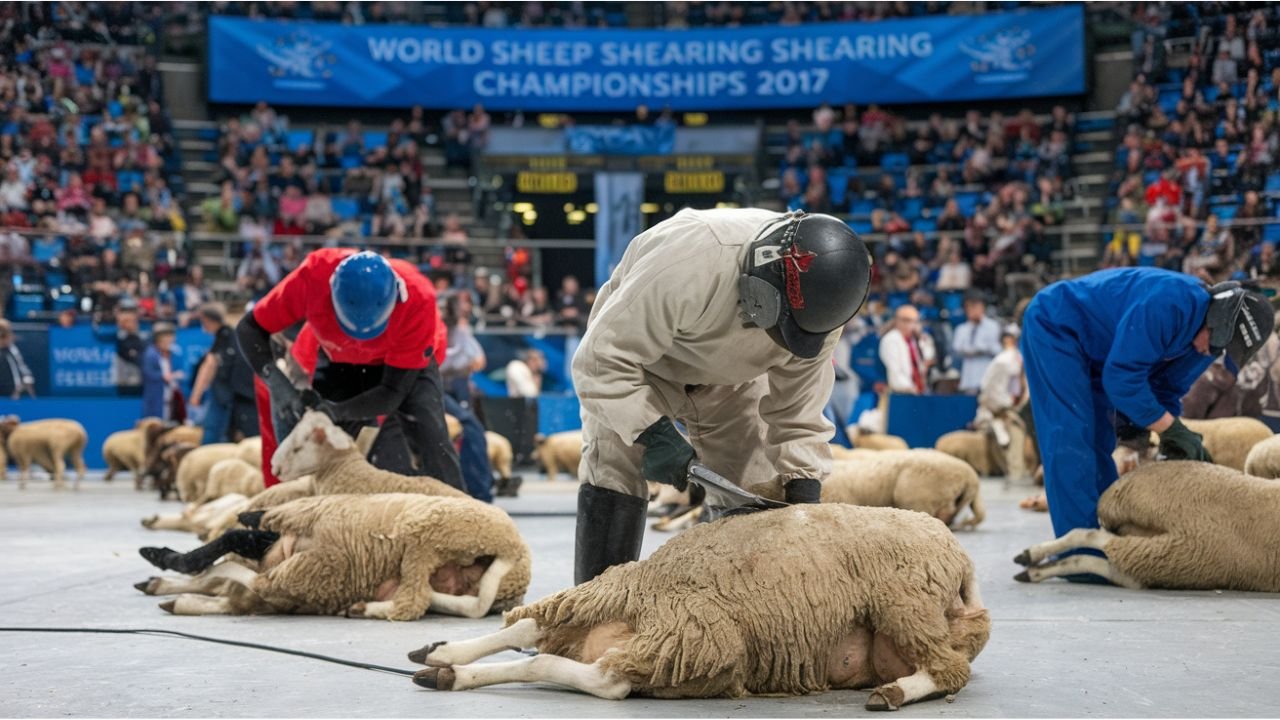
The World Sheep Shearing Championships 2017 was an amazing assembly of worldwide international shearers and wool handlers. Held every few years, this exclusive event honors the art, speed, and accuracy of sheep shearing while advancing industry knowledge and cultural interchange. Both contestants and viewers would find the 2017 edition to be very competitive, with amazing performances and unforgettable events that stayed with them.
The Significance of the Championships
History of the World Sheep Shearing Championships
The World Sheep Shearing Championships started in 1977 when the inaugural event aimed at showcasing professional shearers’ talents. Since then, it has grown to be a much-awaited rivalry attracting worldwide interest.
Cultural and Economic Importance
The wool business as well as agricultural systems all around depend on sheep shearing. The Championships highlight not just this talented trade but also help to promote respect for rural customs and workmanship.
Host Country for 2017
Venue and Location
Renowned for its strong sheep farming legacy and world-class wool output, Invercargill, New Zealand hosted the 2017 Championships.
Why New Zealand Was Chosen
New Zealand’s robust sheep farming sector and past record of producing elite shearers made it a perfect host for the event.
Competitive Categories
Among the several divisions offered in the World Sheep Shearing Championships were:
- Machine Shearing: Where participants swiftly and precisely sheared using electric tools
- Blade Shearing: an old method needing great endurance and ability.
- Wool Handling: Emphasizing the creativity involved in organizing and getting ready fleece for processing
Notable Competitors
Champion Shearers
Top shearers from nations including New Zealand, Australia, South Africa, and the United Kingdom were drawn to the event. Notable names included:
- Rowland Smith (New Zealand): An experienced rival distinguished by unparalleled speed
- Gavin Mutch (Scotland): a past champion with very strong technical ability
Rising Stars
Rising stars also proved the future possibilities of competitive sheep shearing.
Highlights of the Event
Record-Breaking Performances
The Championships produced several records highlighting the amazing speed and accuracy of top rivals.
Memorable Moments
From thrilling endings to demonstrations of sportsmanship, the tournament offered fans many unforgettable events as well as for the competitors.
Behind the Scenes
Training and Preparation
To develop their abilities and increase their stamina required for the fierce competition, shearers undertook demanding training.
Equipment and Innovation
Emphasizing efficiency and animal welfare, the newest developments in shearing technology were presented.
Impact on the Wool Industry
The Championships highlighted best practices and encouraged invention, therefore helping to promote the worldwide wool business.
Media Coverage and Public Engagement
Local and International Media
The event attracted a lot of media attention since reporters and broadcasters from all around captured the scene.
Social Media Buzz
The event became hot on social media as attendees and supporters posted their stories.
Community Involvement
Local Support
Embracing the Championships, the people of Invercargill welcomed guests and rivals and provided hospitality.
Cultural Performances
Celebrating New Zealand’s legacy, traditional presentations and exhibits gave the event a cultural component.
Sustainability and Animal Welfare
Prioritizing sustainability and animal welfare, organizers set policies guaranteeing moral treatment of sheep and environmental responsibility.
Economic Benefits
The Championships created economic possibilities and greatly enhanced tourism, therefore benefiting the local economy.
Legacy of the 2017 Championships
The accomplishment of the 2017 event established a legacy that motivates next generations of shearers and advances ongoing wool industry innovation.
The World Sheep Shearing Championships 2017 celebrated history, skill, and worldwide friendship rather than only competition. The event demonstrated the ongoing relevance of sheep shearing and wool handling on the global scene employing outstanding performances, cultural interaction, and industry developments.
Blog
Tok Tok Bislama 2: Understanding Language, Culture, and Impact

A great window into Vanuatu’s language and culture, Tok Tok Bislama 2 presents Bislama is the lingua franca for this Pacific island nation as a Creole language taken from English. Examining Tok Tok Bislama 2’s cultural and social relevance, this paper explores its background, development, and relevance.
The Origins of Bislama
Bislama originated in the 19th century when English-speaking colonists engaged with plantation laborers from Vanuatu and other islands. The necessity of a shared language resulted in the development of Bislama, a fusion of English vocabulary with regional grammatical rules.
Evolution of Bislama
From a simple pidgin utilized in trade, Bislama grew over time into a completely fledged creole language. Bislama joined English and French among Vanuatu’s three official languages once the country acquired its independence in 1980.
Linguistic Features of Bislama
Vocabulary
English provides most of Bislama’s vocabulary; influences from French and indigenous languages abound but English is the basis.
Grammar
Bislama stresses context-based meaning and uses a basic grammatical framework with little verb conjugation unlike English.
Pronunciation
For English speakers, bislama pronunciation is rather straightforward to acquire since it’s phonetic characterizes.
Cultural Significance of Tok Tok Bislama 2
Bislama is a national identity and unifying symbol, not only a language. In a nation where more than one hundred indigenous languages are spoken, Bislama helps Vanuatu’s people to feel belonging and closes communication gaps.
Social Impact
Community Engagement
Bislama is quite important for local media, religious rites, and community events.
Education
While official schooling mostly uses English and French, Bislama is widely spoken in informal environments and community conversations.
Media and Communication
Bislama is widely used in radio broadcasts, publications, and TV shows to reach a larger audience around Vanuatu.
The Role of Tok Tok Bislama 2 in Tourism
During their contacts with residents, visitors to Vanuatu frequently come across Bislama. Knowing a few important words will help them tremendously enjoy their trip and create close relationships with the local people.
Challenges Facing Bislama
Language Preservation
The preservation of Bislama is threatened by English and French predominating in official environments.
Modernization and Globalization
Vanuatu’s growing ties to the world community run the danger of foreign languages overshadowing Bislama.
Efforts to Preserve Bislama
Educational Initiatives
Maintaining Bislama in schools and community centers depends much on programs meant to advance the language.
Cultural Festivals
Celebrating Vanuatu’s linguistic diversity, events usually include Bislama as a major player, therefore stressing its significance to the country’s legacy.
Learning Tok Tok Bislama 2
Essential Phrases
- Hello: Halo
- How are you?: Olsem wanem?
- Thank you: Tank yu
- Goodbye: Tata
Tips for Language Learners
- Practice speaking with native speakers whenever possible.
- Listen to Bislama radio programs to improve comprehension.
- Use language learning resources designed for Tok Tok Bislama 2.
The Influence of Bislama on Vanuatu’s Legal and Political Landscape
Often employed in political demonstrations and legal debates, bislama guarantees that statements are understandable to all people, regardless of their level of education.
Comparing Bislama with Other Creole Languages
Similarities
- vocabulary borrowed from English shared
- simplified syntax
Differences
- Special cultural manifestations particular to Vanuatu
- variances in use and pronunciation
The Future of Tok Tok Bislama 2
Adaptation to Modern Needs
Bislama has to change with technology and include digital communication and social media into new settings.
Community Support
The survival and expansion of Bislama depend on ongoing assistance from the Vanuatu government and local populations.
Tok Tok Bislama 2 captures the rich cultural legacy and strong people’s will, so transcending mere language. Understanding and respecting Bislama helps one to have better awareness of the rich history and culture of this particular Pacific country.
-
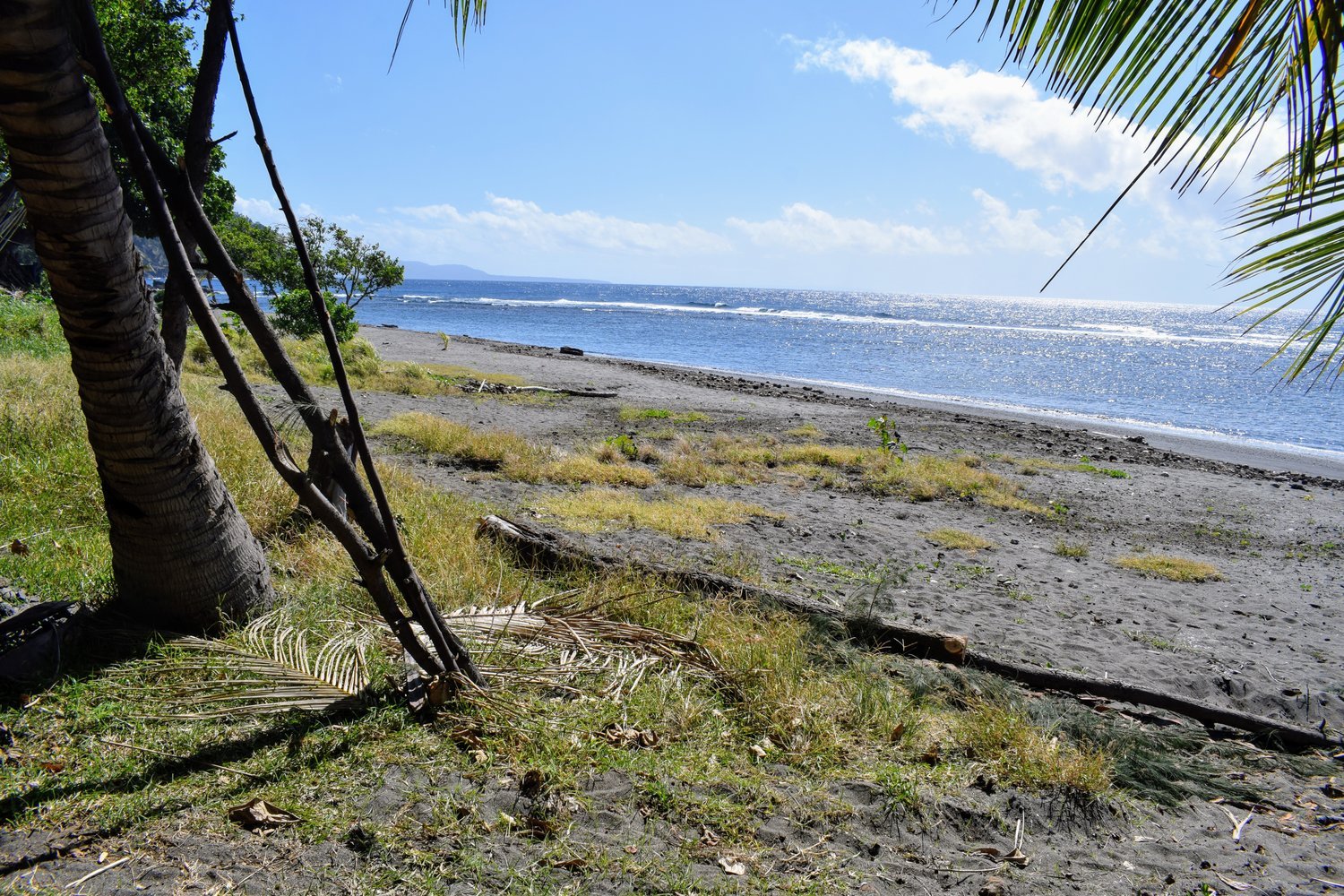
 Blog1 month ago
Blog1 month agoHow to Deal with Scabies While Traveling
-

 Travel1 month ago
Travel1 month agoVegan Guide to Dining Out in Richmond, Virginia
-
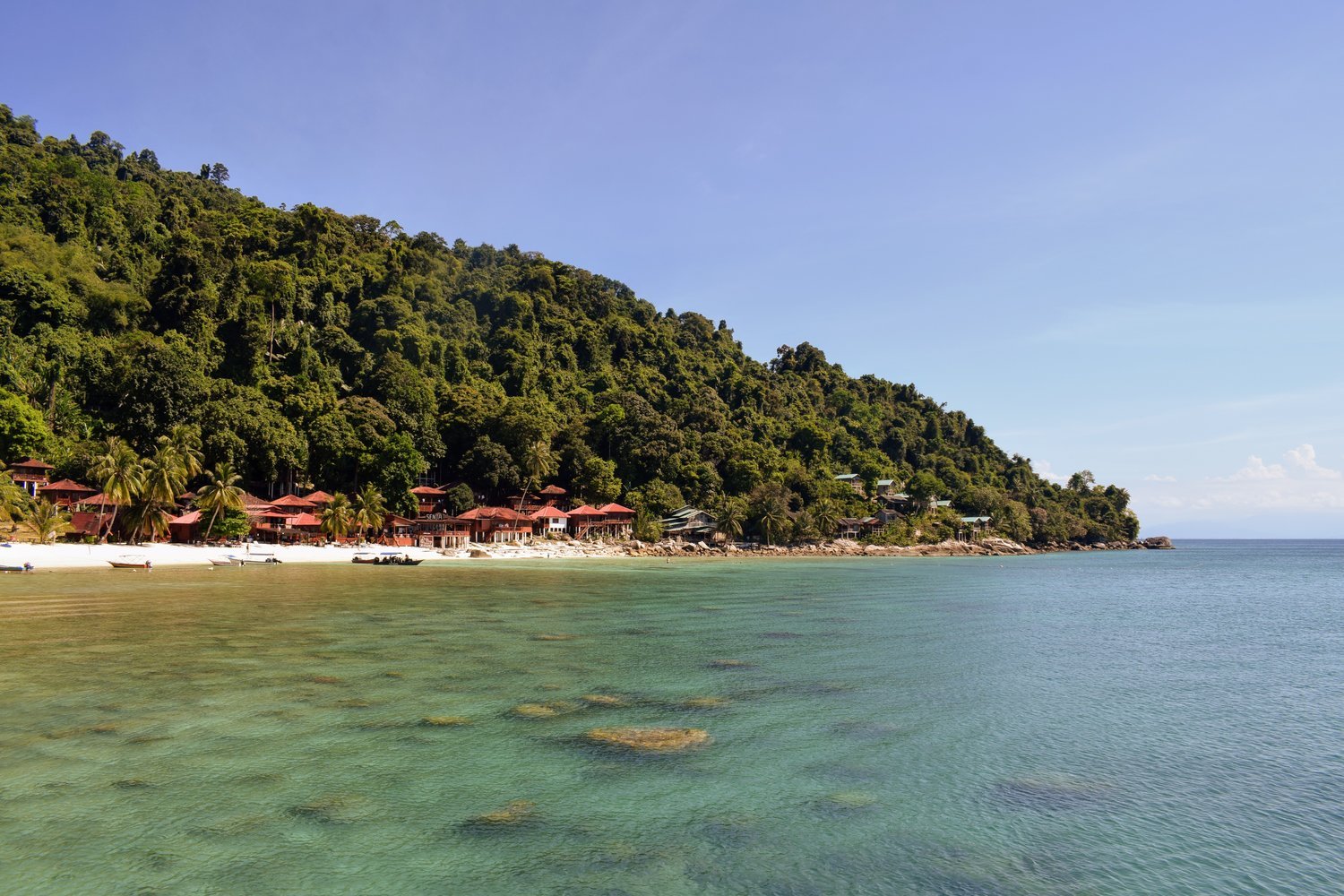
 Travel1 month ago
Travel1 month agoPerhentian Islands: How to Get There, What to Expect, & More
-
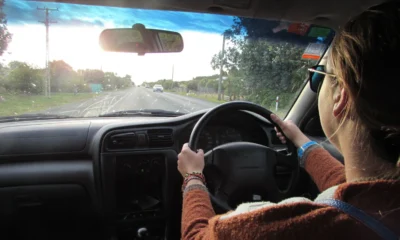
 Travel1 month ago
Travel1 month agoHow to Live in Your Car in New Zealand
-

 Travel1 month ago
Travel1 month agoRichmond, Virginia Street Art Guide
-

 Travel4 weeks ago
Travel4 weeks agoAngels Landing: The Ultimate Guide to Conquering Zion’s Iconic Trail
-
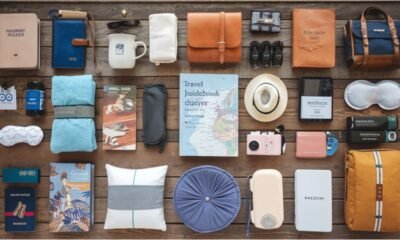
 Travel3 weeks ago
Travel3 weeks agoThirty Gifts For Travel Lovers: Perfect Ideas for Every Explorer
-

 Blog1 month ago
Blog1 month agoA Local’s Guide to Sanibel Island, Florida



